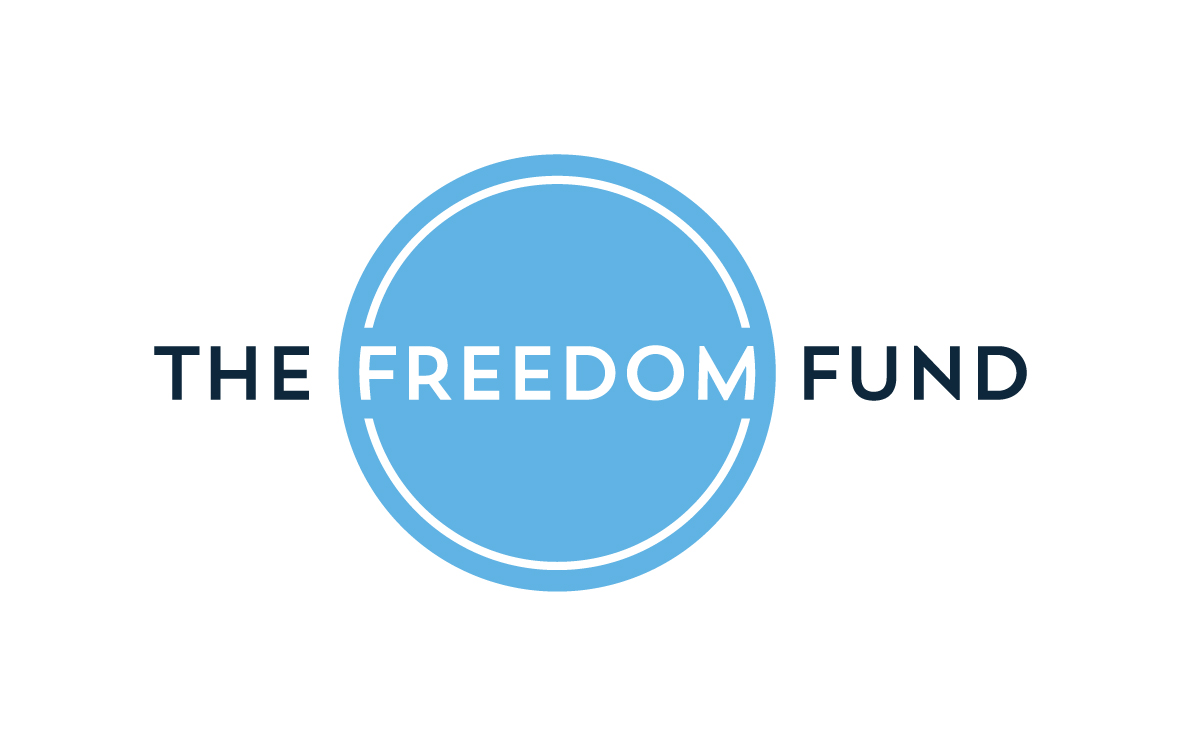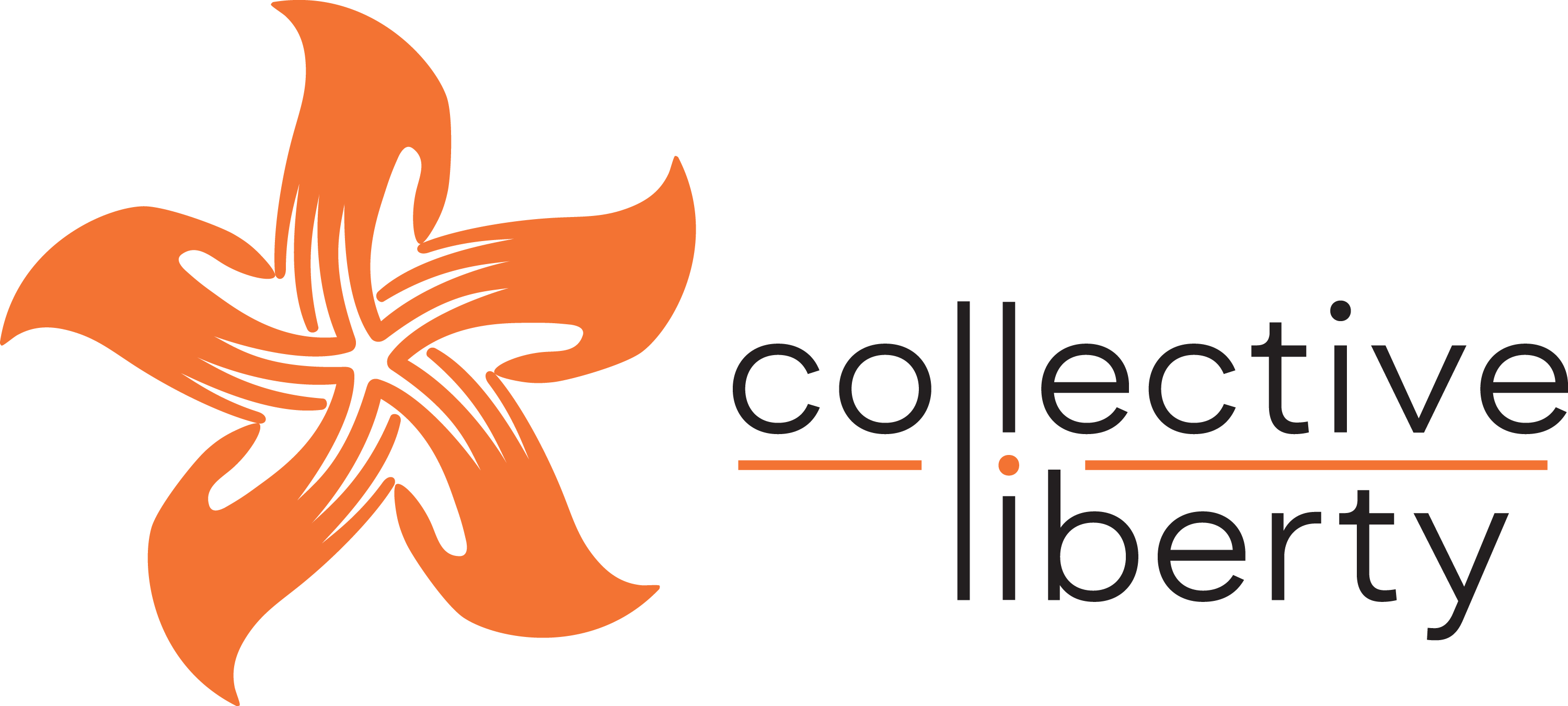
Dan Vexler, Director of Programs at Freedom Fund, recently contributed a piece to the Thomson Reuters foundation about where investors can have the most anti-slavery impact with their donations. These areas of focus overlap significantly with our work, as well. We identify local actors and grassroots changemakers doing impactful work, and support their work while elevating their best practices to support others in their positions. And we focus on official systems that are at tipping points for change, and help guide them toward best practices, but agree that resources need to be spent where the most positive change will result.
Read excerpts below, or the full piece here.
- Fund grassroots social movements
And this means also in no Western countries. He emphasizes that:
The best way we know of doing this is through bottom-up movements, led by local civil society and survivors of slavery, that can challenge harmful norms and rally public opinion. Movements that can help the communities that are preyed on by traffickers to demand more police protection, the right to own the land they’ve lived on for generations, and schools that don’t discriminate against their children. It’s classic civic organising and campaigning, and it’s absolutely essential if we’re to get at the heart of why slavery persists in the 21st century
- Invest in women’s leadership
We would take this statement and take it further
To be effective, grassroots coalitions have to be led by the people they represent. Everywhere the Freedom Fund works, women and girls face unique, often heightened, risks of falling into slavery – yet most organisations that we encounter lack women in
femaleleadership. Our 2018 report, Her Freedom, Her Voice, noted that frontline anti-slavery NGOs function within deeply patriarchal societies and need to make very conscious efforts to enable female leaders to emerge. One step we are taking to support this is a new program, Freedom Rising, that will help train and connect a new generation of womenfemaleanti-slavery leaders.
- Strengthen criminal justice systems, but be selective
Compared to the number of people living in modern slavery, only a paltry number of convictions are secured each year. A major reason for this is a lack of capacity within police forces and judicial systems. If the criminals are to be deterred, this has to change. There is evidence that well-targeted initiatives can make a big difference.
So donors need to be selective; they need to consider the broader country context before deciding their strategy. To give a crude analogy, it wouldn’t have made sense to train the police in 1950s Alabama on their investigative techniques with regard to crimes against black civil rights activists. The problem was not lack of capacity. A deeper social change was needed.
Grassroots organisations can play an important role in catalysing this change and ensuring the rule of law applies to everyone.
- Incentivise businesses to reform
Efforts to tackle forced labour in supply chains have expanded rapidly. There are now many organisations with expertise in helping businesses to address slavery risks. Promising technologies are bringing greater transparency to industries with traditionally opaque webs of suppliers, from garments to fishing. Our partners are excited about new worker-driven social responsibility initiatives, which place workers at the centre of solutions to improve labour conditions.
For us, the biggest gap is in creating incentives for business to act. Hard decisions will have to be taken if forced labour is to be eradicated from supply chains, but most businesses won’t act out of goodwill alone. Carrots and sticks are needed. That means more funding for journalists to uncover abuses, support to groups lobbying for tougher legislation, strategic litigation against companies that profit from forced labour, and new initiatives to mobilise consumers.
These are four areas where donors can have an outsized impact. As the anti-slavery movement grows, we look forward to new donors contributing their expertise and resources to a cause that sorely needs them.


